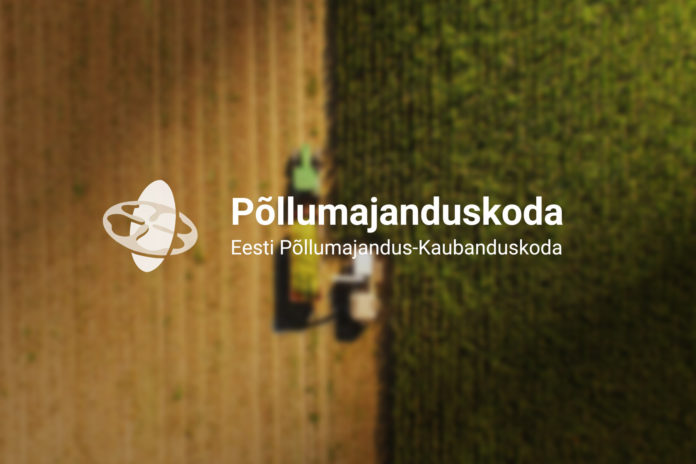Farmers from the three Baltic States want future direct aid payments in their favour to be higher. This request was taken up by their leaders in talks on the multiannual financial framework for 2014-2020. Nearly 100 farmers from Estonia, Latvia and Lithuania demonstrated in Brussels on Thursday 22 November before the European Council building, calling for a more equitable share of farm subsidies.
The average amount of EU direct payments is €269 per hectare, far more than what the farmers of the Baltic States receive – Lithuania (€144/ha), Estonia (€117/ha) and Latvia (€97/ha). The Netherlands, Belgium and Italy receive on average €457, €435 and €404 per hectare respectively.
Commission proposals on reform of common agricultural policy (CAP) would allow aid to the Baltic States to be increased in 2017 to €144 /ha for Latvia, €157 for Estonia and €174 for Lithuania. These figures could change as EU leaders may reduce the CAP envelope from 2014 to 2020. The Baltic countries hope that the level of direct aid in their favour will come close to the EU average of €269/ha.
One of the farmers’ representatives said (our translation throughout): “We suffer from discrimination. All EU farmers operate within the single market and production costs are identical in all countries. Farmers respect the same norms for the environment, animal welfare and food safety. EU direct support for the Baltic States, however, is at its lowest”.
Baltic farmers benefit from subsidies from their own governments even if it is a time of cautious optimism in a context of economic crisis. “One of our priorities is to ensure equitable aid to all members of the EU27”, Latvian Prime Minister Valdis Dombrovskis said. “It is impossible to be a competitor on the EU internal market if some countries receive far larger subsidies than those intended for the Baltic States”, he explained.
Latvian Foreign Minister Edgars Rinkevics, for his part, fixed two “red lines”: the Cohesion Fund must remain at least at its current level and Latvian farmers, who are the least subsidised by the CAP, must, in his view, now be treated on an equal footing with the farmers of other countries.
In addition to the sustainability of farms, this difference in the amount of aid also has an impact on village life. There is a phenomenon of desertification of villages, with unemployment entailing a rural exodus. “Schools, cultural centres and nurseries are closing, as well as some of the shops”, a member of an agricultural organisation explains.


